- europages
- >
- COMPANIES - SUPPLIERS - SERVICE PROVIDERS
- >
- carbone group
Results for
Carbone group - Import export

SUN CHEMICAL - COLORS & EFFECTS NETHERLANDS B.V
Netherlands
Activated Carbon is the general name assigned for a group of porous carbons. The appearance of activated Carbon depends considerably on the process used for the activation of Carbon. The product is typically charcoal black with varying mesh sizes.
Request for a quote
SUN CHEMICAL - COLORS & EFFECTS NETHERLANDS B.V
Netherlands
Activated Carbon is the general name assigned for a group of porous carbons. The appearance of activated Carbon depends considerably on the process used for the activation of Carbon. The product is typically charcoal black with varying mesh sizes.
Request for a quote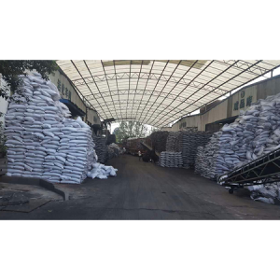
SUN CHEMICAL - COLORS & EFFECTS NETHERLANDS B.V
Netherlands
Activated Carbon is the general name assigned for a group of porous carbons. The appearance of activated Carbon depends considerably on the process used for the activation of Carbon. The product is typically charcoal black with varying mesh sizes.
Request for a quote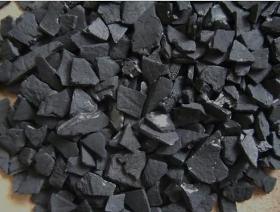
SUN CHEMICAL - COLORS & EFFECTS NETHERLANDS B.V
Netherlands
Activated Carbon is the general name assigned for a group of porous carbons. The appearance of activated Carbon depends considerably on the process used for the activation of Carbon. The product is typically charcoal black with varying mesh sizes.
Request for a quote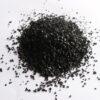
OEN CHEMICALS GMBH
Austria
Chemical appearance: Activated Carbon is the general name assigned for a group of porous carbons. The appearance of activated Carbon depends considerably on the process used for the activation of Carbon. Chemical application and strength: The primary application of granular activated carbon mesh is evident in the process of cyanidation. Cyanidation is the metallurgical process for mining gold from ore that contains cyanide. The use of physical activation involves hot gases either through carbonization or oxidation. Granular activated Carbon has an appearance just like the name indicates with the higher surface area for adsorption. Activated Carbon is produced from sources enriched in Carbon. Therefore, the surface structure of activated Carbon is very porous, and it also has a vast surface area. The large surface area with porous structure and attraction forces help in capturing material components that could be recovered later.
Request for a quoteDo you sell or make similar products?
Sign up to europages and have your products listed
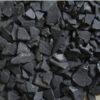
OEN CHEMICALS GMBH
Austria
Chemical appearance: Activated Carbon is the general name assigned for a group of porous carbons. The appearance of activated Carbon depends considerably on the process used for the activation of Carbon. The product is typically charcoal black with varying mesh sizes. Chemical application and strength: The primary application of granular activated carbon mesh is evident in the process of cyanidation. Cyanidation is the metallurgical process for mining gold from ore that contains cyanide. The use of physical activation involves hot gases either through carbonization or oxidation. Granular activated Carbon has an appearance just like the name indicates with the higher surface area for adsorption. Activated Carbon is produced from sources enriched in Carbon. Therefore, the surface structure of activated Carbon is very porous, and it also has a vast surface area.
Request for a quote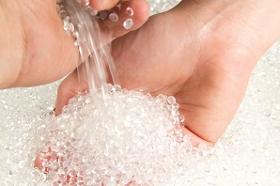
LITCHEMA, UAB
Lithuania
Polystyrene (PS) is an aromatic polymer, made from the aromatic monomer styrene, a liquid hydrocarbon that is commercially manufactured from petroleum by the chemical industry. Polystyrene is one of the most widely used kinds of plastic. Polystyrene is a thermoplastic substance, which is in solid (glassy) state at room temperature, but flows if heated above its glass transition temperature and becomes solid again when cooled. Pure solid polystyrene is a colorless, hard plastic with limited flexibility. It can be cast into molds with fine detail. Polystyrene (PS) can be transparent or can be made to take on various colors. The chemical makeup of polystyrene is a long chain hydrocarbon with every other carbon connected to a phenyl group.
Request for a quote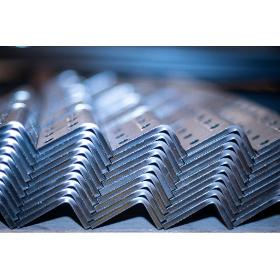
RAMAZAN AYCAN SAC VE CELIK ISLEME MERKEZI SAN. VE TIC. A.S.
Turkey
Iron-based alloys produced by utilizing carbon material groups and containing at least 10.5% chromium are called stainless steel. It is resistant to oxidation due to chromium and maintains its stainless properties.
Request for a quoteResults for
Carbone group - Import exportNumber of results
9 ProductsCountries
Company type